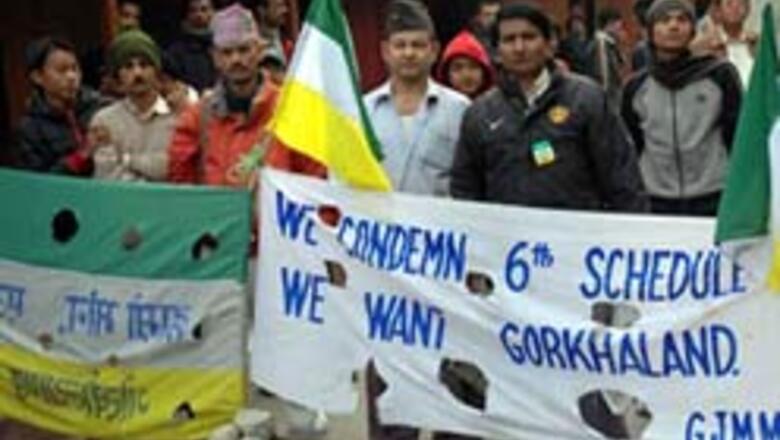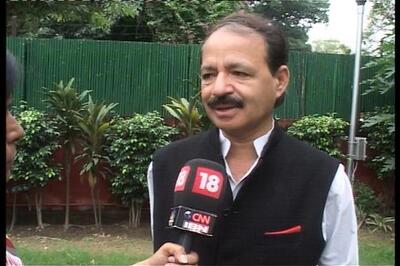
views
New Delhi: The unrest in the hills of West Bengal continued for seventh consecutive day with the indefinite bandh called by the Gorkha Janmukti Morcha disrupting normal life in Darjeeling.
Though by afternoon, the GJM announced a 12-hour relaxation in the bandh, the Morcha has said it will decide on its future course of action after its six-member delegation meets West Bengal chief minister Buddhadeb Bhattacharya on Wednesday evening in Kolkata.
However, economic blockade and the hunger strike called continues.
The GJM is a breakaway faction of the Gorkha National Liberation Front (GNLF) and has been demanding separate statehood for Darjeeling, protesting the introduction of Sixth Schedule status for the region.
The protests turned violent on Tuesday evening when nearly 1,000 women supporters of the GJM clashed with police in Siliguri.
The protests cut off Sikkim from the rest of the country and tourists and vehicles were stranded on the NH-31 Highway.
“The Sikkim government can, by correspondence, request the Bengal government to solve the problem of the state transporters,” says temporary in-charge of Sikkim, Transport B M Ramudamu.
The GJM leadership said the bandh would continue till the demands for the immediate removal of Subash Ghising from the post of administrator of the Darjeeling Gorkha Hill Council (DGHC) and the scrapping of the move to grant Sixth Schedule status to the region were met.
The GJM has been joined by several regional parties in its movement for a separate Gorkhaland to be carved out of the Darjeeling hills and certain other areas.



















Comments
0 comment